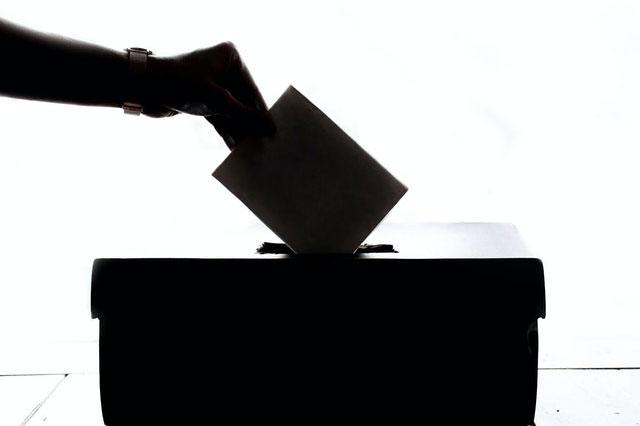Libreville – A fragmented centre-left coalition in the Atlantic archipelago of Sao Tome and Principe faces a strong challenge from the centre-right in a parliamentary election on Sunday.
Some 100 000 voters out of a total population of 215 000 have been called to choose members of the national assembly for four years, along with regional and municipal leaders.
A former Portuguese colony in the Gulf of Guinea, the island nation is deeply poor and depends on international cooperation and aid for 90 percent of investments, but it is considered a rare model of parliamentary democracy in Africa.
Two major parties have jostled to run the country since independence in 1975: the Movement for the Liberation of Sao Tome and Principe-Social Democratic Party (MLSTP-PSD), which currently has a tiny majority, and the right-wing Independent Democratic Action party (ADI), looking to benefit from divisions in the left.
In 2021, the people elected an ADI president, Carlos Vila Nova, whose role is largely honorary while power is wielded by Prime Minister Jorge Lopes Bom Jesus of the MLSTP.
In 2018, politicians of the left and centre scrambled to form a coalition to stop power going to the ADI, led by former prime minister Patrice Trovoada (2010-2012 and 2014-2018).
They took a parliamentary majority of just one seat with support from a wing of the Party of Democratic Convergence, which has now distanced itself.
ALSO READ | Central Africa’s top court scraps panel to rewrite constitution
Trovoada retired to Portugal after losing in 2018, but he returned in mid-September and is seen as a favourite of the opposition.
Meanwhile, the popularity of Lopes Bom Jesus has declined as the man who pledged to fight corruption saw accusations of it mount against his own party.
Parliamentary democracy took a long time to come to Sao Tome and Principe, which was ruled for 15 years as a Marxist one-party state by the MLSTP that had opposed the Portuguese regime.
Once a constitutional referendum to introduce multiparty politics and a limit of two terms for the president was approved by more than 95 percent of voters in 1990, democratic elections were held.
The civil authorities withstood military coup bids in 2003 et 2009.
The archipelago gains a modicum of income from cocoa and coffee exports, and attracts tourists. Artisanal fishing is a key source of food, while tropical forest covers 54.1 percent of the territory, according to the World Bank in 2020.
A large majority of children are in school or creches provided for the youngest, but 15.6 percent of the population is estimated to live on less than 1.9 euros (1.9 dollars) a day.
Follow African Insider on Facebook, Twitter and Instagram
Source: AFP
Picture: Pexels
For more African news, visit Africaninsider.com


